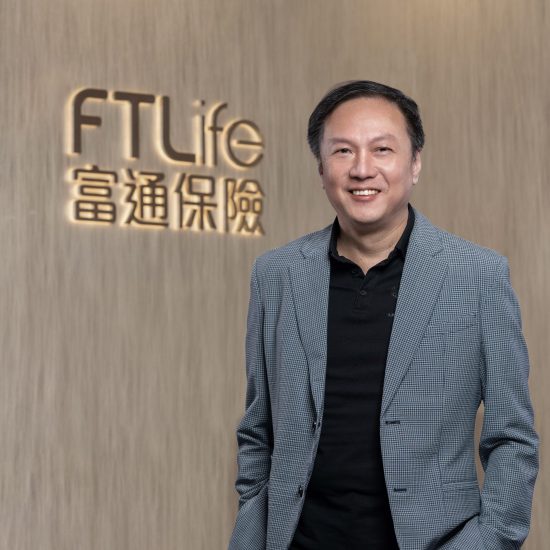Jamie Dimon, CEO of financial giant JPMorgan Chase, reignited the debate on Bitcoin’s legitimacy during a recent interview. While acknowledging the right to invest in the cryptocurrency, Dimon expressed skepticism about its underlying value and potential benefits.
“I don’t know what the bitcoin itself is for,” Dimon remarked, drawing a comparison to cigarettes. “I’ll defend your right to buy a bitcoin, just like I’d defend your right to smoke a cigarette,” he said, implying a potential health risk associated with both choices.
This isn’t the first time Dimon has voiced his reservations about Bitcoin. He has been a vocal critic in the past, calling it a “fraud” and questioning its long-term viability as an investment. His latest comments come amidst a period of relative stability for Bitcoin, with its price hovering around the $40,000 mark after a volatile 2021.
Dimon’s stance on Bitcoin stands in contrast to JPMorgan’s growing embrace of blockchain technology, the underlying infrastructure that powers Bitcoin. The bank has actively explored applications of blockchain in areas like cross-border payments and supply chain management. This seemingly contradictory approach reflects the broader debate surrounding cryptocurrencies. While blockchain technology holds promise for innovation within the financial sector, the value proposition of cryptocurrencies like Bitcoin remains a subject of intense discussion.
Proponents of Bitcoin argue that it functions as a digital gold, a scarce asset with a hedge against inflation. They point to its decentralized nature, free from government control, as a major advantage. However, critics like Dimon highlight the anonymity associated with Bitcoin transactions, making it susceptible to illegal activities. Additionally, Bitcoin’s significant price fluctuations raise concerns about its suitability as a reliable store of value.
The regulatory landscape surrounding cryptocurrencies is also evolving. Governments around the world are grappling with how to oversee this new asset class, with some countries imposing stricter regulations and others adopting a more wait-and-see approach.
Dimon’s comments are likely to add fuel to the ongoing debate about the future of Bitcoin. Whether it will become a mainstream financial instrument or remain a speculative asset on the fringes of the financial system is a question that only time will answer.
____________________________________
This article first appeared on The WIRE and is brought to you by Hyphen Digital Network
(The content powered by our AI models is produced through sophisticated algorithms, and while we strive for accuracy, it may occasionally contain a few minor issues. We appreciate your understanding that AI-generated content is an evolving technology, and we encourage users to provide feedback if any discrepancies are identified. As this feature is currently in beta testing, your insights play a crucial role in enhancing the overall quality and reliability of our service. We thank you for your collaboration and understanding as we work towards delivering an increasingly refined and accurate user experience.)







